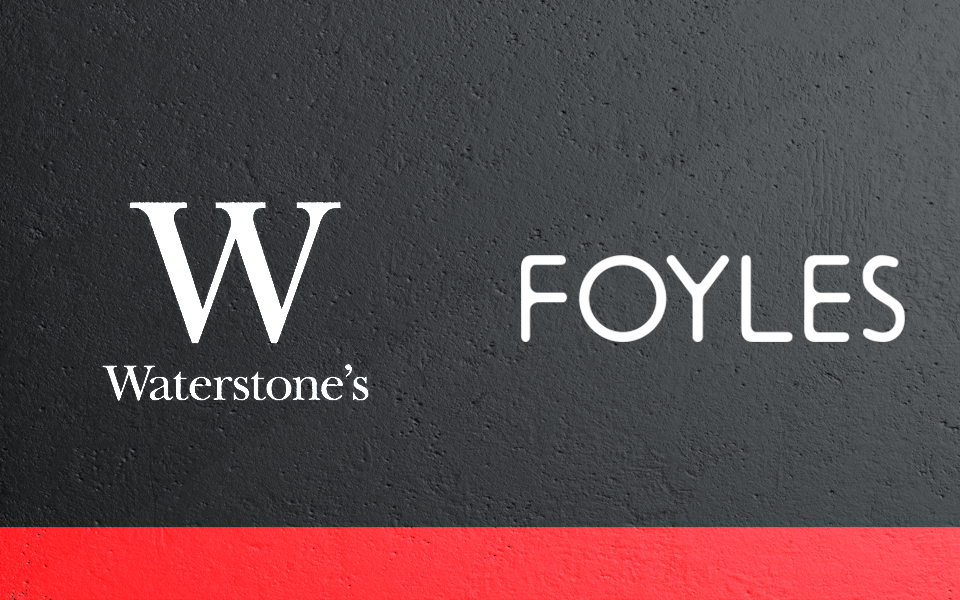Waterstones acquisition of Foyles has sent shock-waves through the UK book business. Nobody saw it coming. In that sense it is the retail equivalent of Bertelsmann’s swoop on Random House UK back in 1998; no one saw that coming either.
If the latter deal was about publishers coming together to battle the growing size of the chains and the supermarkets, both of which were flexing their muscles following the collapse of the Net Book Agreement (which prevented discounting on new books), then there is a similarity to Waterstones acquisition of Foyles, only in this instance the opposition has a single name: Amazon.
As Waterstones’ MD James Daunt put it: “Together, we will be stronger and better positioned to protect and champion the pleasures of real bookshops in the face of Amazon’s siren call. It is an exciting and invigorating time in bookselling as good bookshops are rediscovering their purpose in the fight back against online and e-reading.”
No figure has been disclosed in the deal which sees Waterstones take ownership of the flagship Charing Cross Road store, its three smaller London stores at Waterloo Station, the Royal Festival Hall and Westfield Stratford, and its stores in Bristol, Birmingham and Chelmsford. Foyles turnover is around £26.6m; Waterstones, which has 283 stores, has a turnover of £404m.
Christopher Foyle said: “My family and I are delighted that Foyles is entering a new chapter, one which secures the brand’s future and protects its personality. I look forward to witnessing the exciting times ahead for the company founded by my grandfather and his brother 115 years ago.”
The question of ‘personality’ was on the minds of many as they reacted to the news. Agent Gordon Wise of Curtis Brown said: “It would be an enormous shame if Foyles lost its particular feel. There was something about their combination of scale, but also keeping it quite tight, which meant they were able to do quite innovative things and be quite effective with them. I think they were doing some interesting things with their online offering and that skill they had of mixing the more scholarly titles with commercial.” He added: “But clearly, strategic alliances in the physical space could really help. We’re shoring up the physical presence of bookshops.”
Profile MD Andrew Franklin, who is a fan of Daunt, said: “Takeovers are always a shame but Foyles will be going to a good home. I think the team at Waterstones is very good, and that they’ll do well to keep a separate identity like with Hatchards [in London] and Hodges Figgis in Ireland. They’re very serious about being proper bookshops, and they’re not going to suddenly introduce the terrible things that have killed other shops like BOGOFs [‘Buy one get one free’] and things like that. It’s the best possible home for them.”
He added that he was not concerned that Waterstones would use their increased size to put pressure on terms. But Alma publisher Alessandro Gallenzi was worried about Foyles keeping its identity and autonomy within the Waterstone family. “I’m shocked,” he said. “Foyles has always been a champion of literature and diversity, and I hope that its new owners will not abandon the century-old values of one of the finest booksellers this country has ever seen.”
The coming weeks and months will tell which direction Daunt wishes to take his new acquisition. It is assumed that the name will remain; many in the UK industry certainly hope so since it is held in great affection, and Foyles’ Charing Cross Road flagship is regarded by many as the country’s finest bookshop.







